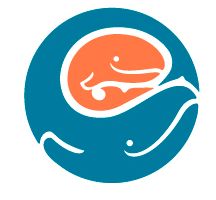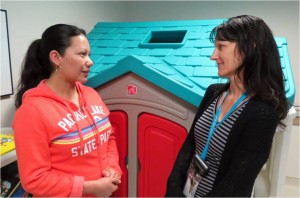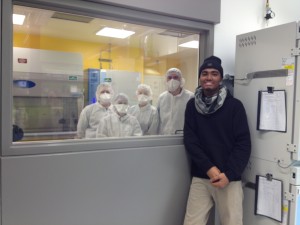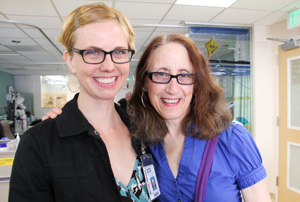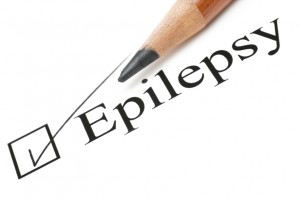This post has been retired.
On the Pulse
Eighteen-year-old Ibrahim El-Salaam, aka “I-Bizzle,” was born with a blood disorder called sickle cell disease and has been coming to Seattle Children’s Hospital for as long as he can remember. His disease has required him to spend a lot of time in the Inpatient Cancer Unit at Seattle Children’s, which houses patients who require inpatient […]
Seattle Children’s Hospital has been named to Becker’s Hospital Review’s list of 150 great places to work in healthcare. Seattle Children’s was chosen for its “robust benefits, wellness imitatives, commitment to diversity and inclusion, professional development opportunities and a work environment that promotes employee satisfaction and work-life balance.”
A patient arrived at Seattle Children’s Emergency Department by helicopter, alone and unconscious. As the Emergency Department team worked to resuscitate the boy who had nearly drowned, his parents drove several hours in stunned silence to the hospital, hoping their son would be alive when they got there. After receiving the good news that he […]
According to a new study that will be highlighted this weekend at the Pediatric Academic Societies (PAS) annual meeting, women, particularly younger women, are still smoking while pregnant, putting their newborns at risk for congenital heart defects. Patrick Sullivan, MD, lead author of the study and clinical fellow in pediatric cardiology at Seattle Children’s Hospital, […]
Some moments are so significant the weight of them seems to hang in the air. I experienced this first-hand when cancer survivor Milton Wright III met the people who helped save his young life. You may remember Wright, the leukemia patient who achieved remission thanks to an immunotherapy protocol designed by Mike Jensen, MD, at […]
Each week, poets Ann Teplick and Sierra Nelson arm patients at Seattle Children’s Hospital with a notepad, pen and thought-provoking prompts to help them discover the power, and therapeutic nature, of the written word. Some patients use writing to share their story or process difficult emotions, while others use it to ignite their imagination and […]
“You study Facebook?” Megan Moreno, MD, MPH, often hears a surprised response like this when she describes her work researching adolescent’s use of social media at Seattle Children’s Research Institute’s Center for Child Health, Behavior and Development. But, Moreno no longer has to tell people about her research – she can show it to them. […]
While many people with epilepsy live a full life, some die abruptly without warning or other clear medical cause due to a devastating phenomenon called sudden unexpected death in epilepsy (SUDEP). SUDEP is the most common cause of death in those with severe forms of epilepsy where seizures cannot be controlled with treatment, but what […]
Have you ever wondered what to do with unused or expired medications? Many people may leave them around the house or think they can throw them away, but both these methods carry risks. Well, tomorrow you can safely dispose of them on National Drug Take-Back Day. Tomorrow, between 10 a.m. and 2 p.m., sites across the country will […]

